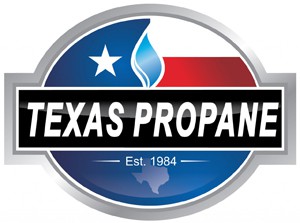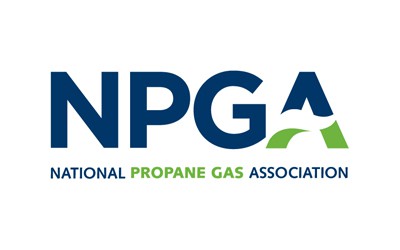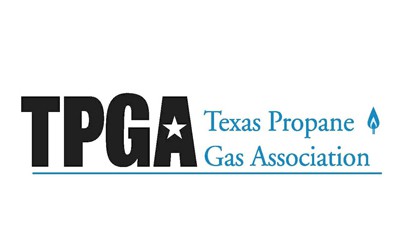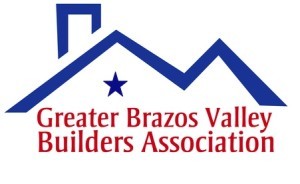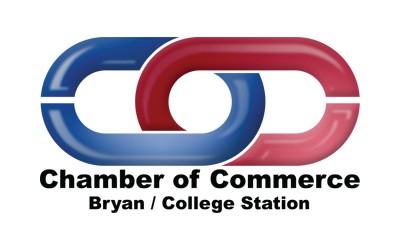Fueling Your Propane Tank
When propane is delivered to a tank, our delivery driver hooks up the hose from the truck to the propane fill valve. The hose end coupling is screwed onto the filler valve and seated firmly against a gasket. This prevents gas from escaping during the delivery process. If this gasket is not present in the fill valve, the connection between the hose and tank will not be secure and the propane tank will not be able to be fueled. This black gasket is visible around the edge of the filler valve wall.
Propane Fill Valve Operation
After the hose coupling is attached to the tank fill valve securely, the valve is hose-end valve is opened and liquid propane starts to flow into the tank. The pressure from the gas in the hose alone is enough to open the fill valve. The filler valve is located inside the tank and is not visible when looking at a propane tank. The part that is outside the tank also has a one-way valve that opens and closes with the pressure of the hose. By looking into the closes with the pressure of the hose, this valve is visible. These two “back flow prevention” valves make sure that propane is stored securely in the tank opened only when a delivery is made.
Tank Fill Valve Protection
The protection of the filler valve is extremely crucial as it operates as the first line of supply to your propane gas system. The protective cap’s purpose is to keep water and debris from entering the valve. If debris enters the valve, it could keep the discs from seating properly, which can cause the valve to remain in an open position and allows gas to to escape. Water in the valve can result in the hose end coupling being frozen onto the filler valve, which makes it difficult for the delivery driver to disconnect the propane delivery hose from the fill valve.
These are just a few important things to know about the propane fill valves. Contact Texas Propane with the link below for more information!
